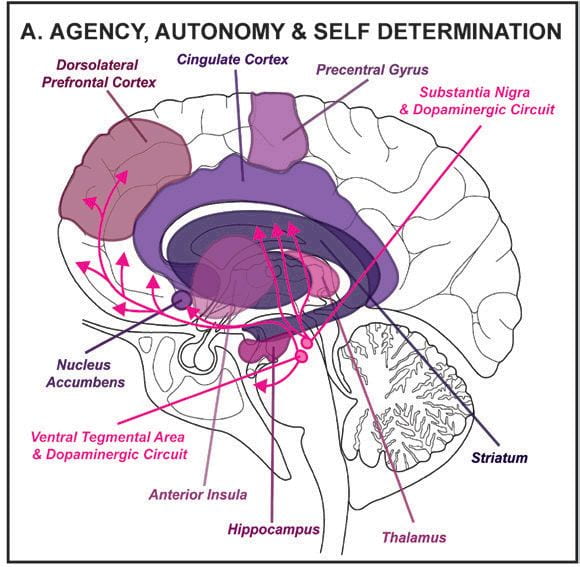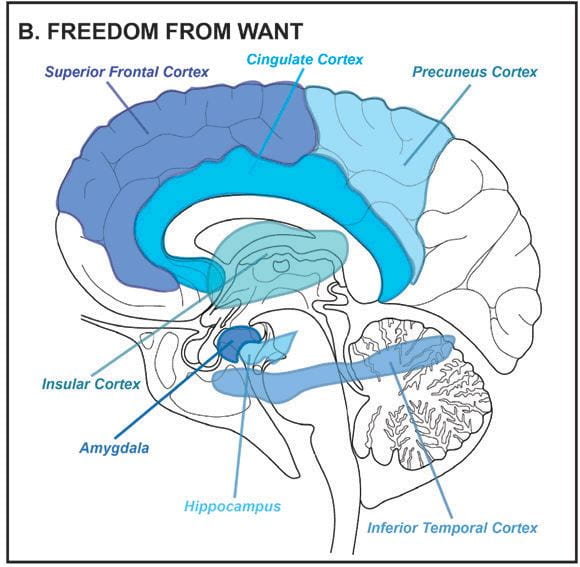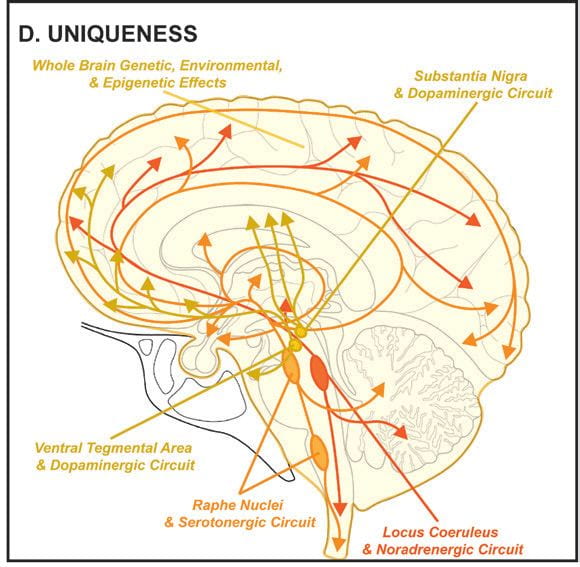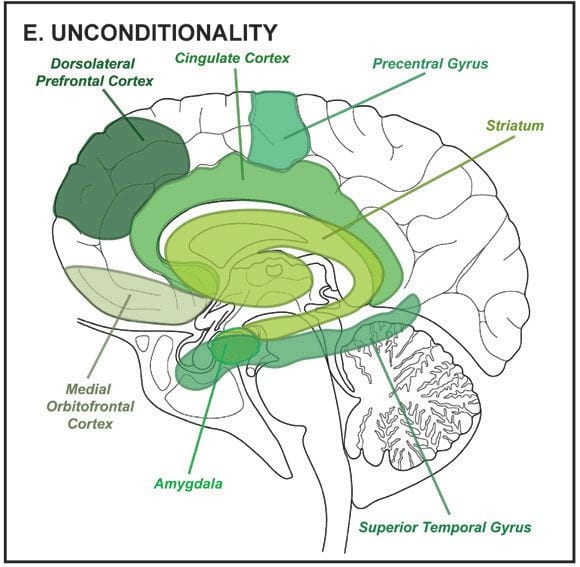Dignity Neuroscience
Dignity neuroscience is animated by the premise that universal rights are rooted in human brain science. We articulate domains of intrinsic human dignity which ground universal rights in international law. This framework provides a space to investigate the importance of human rights as they relate to and are supported by empirical findings in human neuroscience, biological sciences, social sciences, and humanities.
Research in human neuroscience indicates that upholding human rights is critical to the healthy brain development of all individuals. Universal rights outlined in existing treaties and covenants – including the United Nations’ Universal Declaration of Human Rights of 1948- comprise five categories: (1) agency, autonomy, and self-determination; (2) freedom from want; (3) freedom from fear; (4) uniqueness; and (5) unconditionality; these categories also include protections for vulnerable populations. Dignity neuroscience articulates the evidentiary support for protection of human rights across these domains, which are necessary for the healthy neurological functioning and flourishing of all individuals in our society.
The dignity neuroscience and dignity science initiatives provide a multidisciplinary space for students, faculty, scholars, and community members to support and foster universal human rights and the concept of intrinsic human dignity. This framework impacts multiple spheres of influence including work, school, family, communities, nation, online spaces, and our interconnected world.
Upcoming Events:
- April 5, 2024: Keynote speaker, URI Neuroscience Symposium, George and Anne Ryan Institute for Neuroscience, Interdisciplinary Neuroscience Program
- June 20, 2024: Keynote address, American University of Paris, Summer Institute on Human Rights.
- Coming Soon: SciToons (YouTube). “Dignity Neuroscience and Human Rights”
Dignity neuroscience: universal rights are rooted in human brain science
Paper, Annals of The New York Academy of Sciences; Tara L. White, Meghan A. Gonsalves
Representations of the neural structures and circuits that support five major concepts underlying most universal rights declarations:
Papers, presentations, and media coverage
Find out more about Dignity Neuroscience research and media coverage





